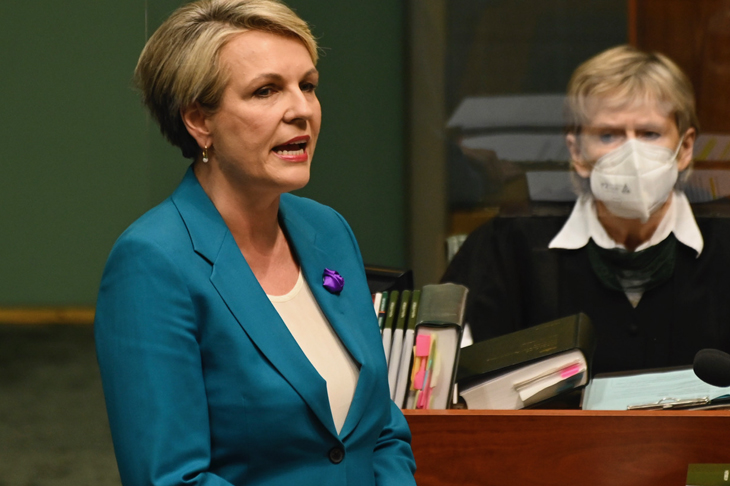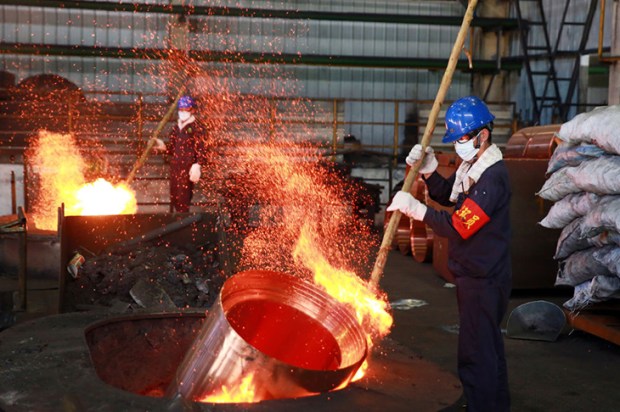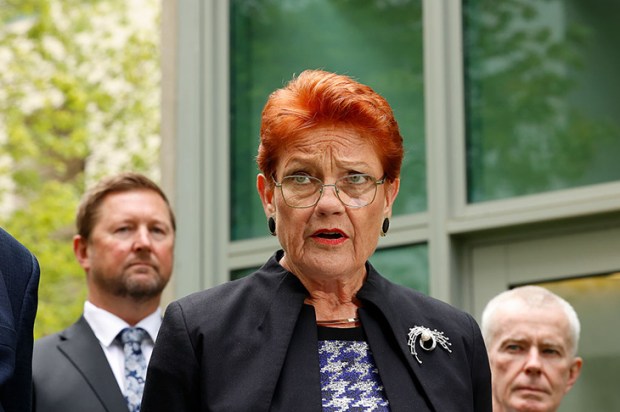A ‘lawfare’-laced New Year as activism reaps its rewards from environmentalist judges: that is what last month’s three ground-breaking judicial decisions that rejected fossil fuel developments on environmental and social grounds, have ensured for Australia’s major export industries – coal and gas. ‘There is now the risk of more delays and obstacles in the progression of important energy projects, postponing new supply that is needed to deliver energy security, emissions reductions and substantial economic returns for Australians’, Australian Petroleum Production and Exploration Association CEO Samantha McCulloch told the media.
Upheaval across Australia’s oil and gas industry is expected after Santos’ loss of a Federal Court appeal against a decision to cancel its $5.3 billion development approval due to inadequate consultation with local indigenous people; coal projects are under a cloud following both the Queensland Land and Environment Court knocking back a huge Galilee Basin development on the basis of overseas customers’ emissions and, incredibly, human rights and the NSW Independent Planning Commission’s heritage-based decision against Glencore’s plans to extend its operations.
Added to this is the uncertainty generated at the federal level by Environment Minister Tanya Plibersek in responding to an environmental activist request by implementing reviews of 18 of the previous government’s approvals of proposed new coal and gas projects which include major companies like Woodside, ConocoPhillips, Whitehaven and Glencore. The Australian newspaper reports that resource analysts fear that there will be a new front opened in Australia as these 18, of which 13 are coal projects in Queensland and four in NSW, with a gas project in WA, covering $100 billion in investments and 175,000 jobs, could face legal action to block progress.
November’s three negative decisions follow repeated examples of the damaging economic consequences of judges usurping the role of elected parliaments by imposing their own activist versions of environmental law. The consequences include increased sovereign risk that puts in doubt the foreign investment essential for Australia’s future, uncertainty over the supply of vital funding for affordable and reliable energy, denial of mining approvals on grounds unsupported by legislation, and the costly delays to billions of dollars of projects through the lawfare encouraged by so many anti-mining judgements.
The Queensland Land and Environment Court’s rejection last month of a proposal by Waratah Coal to build the biggest thermal coal mine in Australia in the Galilee Basin aimed at producing almost four times as much as its neighbouring Adani mine (which is at last operational after years of legal obstructionism), prompted little public outcry beyond a perceptive article in Brisbane’s Courier-Mail under the heading ‘Is this the death warrant for the coal industry?’ and describing the judgement as reading like ‘a green manifesto that will have major ramifications for Queensland’.
But the mining industry kept shtum. The reason? Waratah’s owner is the combative Clive Palmer; instead of the much-needed principled assault on this destructive anti-mining precedent, there was an overwhelming reluctance to be seen to be effectively supporting such a divisive figure.
Yet the court’s recommendation to the state government is untenable. Its president, and former climate activist, Judge Fleur Kingham, asserted not only that climate change was a key issue but that the project’s climate impact would limit human rights. This is the first time a Queensland judge has recommended rejecting a mine based on the climate impacts of coal burnt overseas. ‘Wherever the coal is burnt the emissions will contribute to environmental harm, including in Queensland.’ It is also the first time Queensland’s Human Rights Act has been used to object to a mining project on climate change and Indigenous cultural rights grounds.
But this is not the first time that courts or tribunals have falsely asserted that Australia’s Paris obligations, its state and federal emission reduction and net-zero targets mean that no new mines or major extensions of existing ones can be accommodated. That parliaments, whose responsibility it is, have not passed laws imposing that prohibition means that there is no legislative basis for this judge-created assertion and, on the contrary, governments, which stress the word ‘net’ before ‘zero’, are involved in projects offsetting CO2 emissions so that there is no automatic link between a new coal mine or gas field and the volume of emissions.
Even more controversial is Judge Kingham’s conclusion that, ‘In relation to climate change, I have found that the following rights of certain groups of people in Queensland would be limited: the right to life, the cultural rights of First Nations peoples, the rights of children, the right to property and to privacy and home, and the right to enjoy human rights equally’, all would be threatened by the consequences of emissions-induced climate change. ‘For each right, considered individually, I have decided the importance of preserving the right, given the nature and extent of the limitation, weighs more heavily in the balance than the economic benefits of the mine and the benefit of contributing to energy security for Southeast Asia.’ This is at odds with Premier Annastacia Palaszczuk, who, while aiming at net zero by 2050, has a stated position that Queensland coal exports will continue for ‘as long as the market dictates’.
The NSW anti-coal judgement reflects a different problem. On top of its criticism of the outcome, the mining industry expressed serious concern about the process, in which the state government has delegated decision-making to a three-person panel with no accountability either to the government or the public. But at least the NSW Independent Planning Commission did acknowledge that the proposal, which it rejected on (questionable?) heritage grounds, was, in the absence of any clear governmental policy guidance, not inconsistent with net zero or Paris obligations or Australia’s varied emissions targets and so could not be denied on that ground.
Activist judges with a penchant for creating their own unlegislated rules with which to enforce their environmental agendas, please note.
Got something to add? Join the discussion and comment below.
You might disagree with half of it, but you’ll enjoy reading all of it. Try your first month for free, then just $2 a week for the remainder of your first year.













